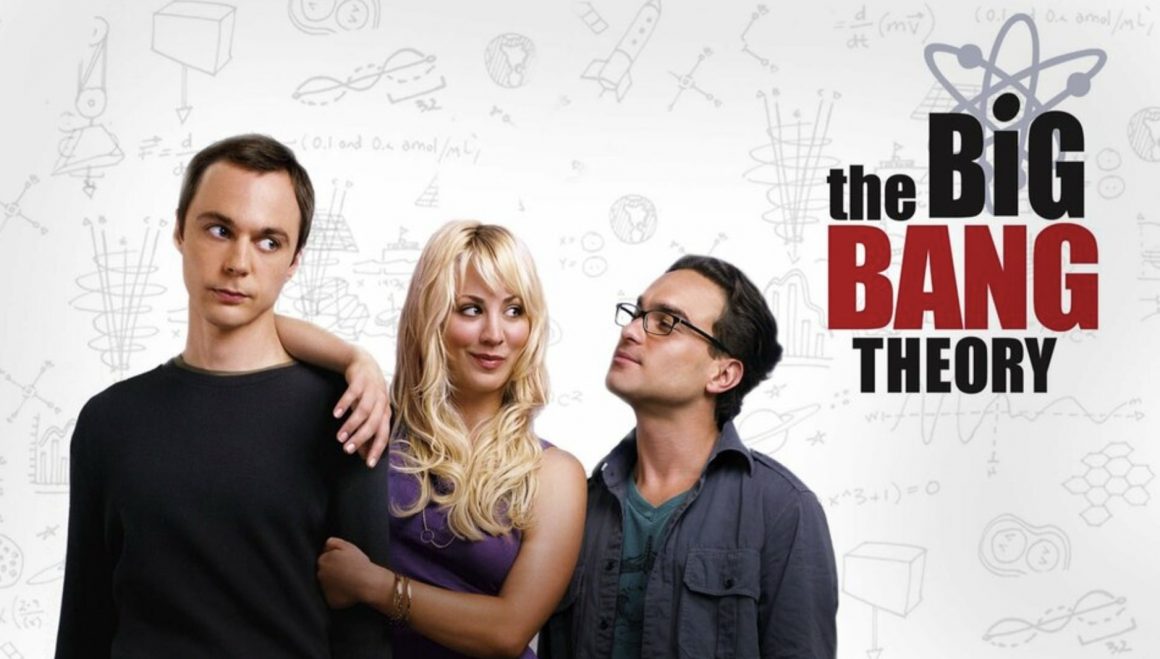
The Big Bang Theory is insufferable
By Josie Simon, August 23 2024—
Just a few years ago, The Big Bang Theory was the touchstone of pop culture. The tee shirts adorned with “Bazinga!” and “I’m not crazy, my mother had me tested” were crowing fashion statements. However, fast-forward a few years, and it seems like the show has significantly lost its charm, tilting more towards the insufferable side rather than funny. So, what exactly went wrong?
The Big Bang Theory premiered in 2007, and the understanding of ‘cool’ was quite different. The nerdy activities of Sheldon, Leonard, Raj and Howard contributed to the sitcom’s primary theme. The geeky antics that once seemed endearing started becoming annoying and repetitive, and the show struggled to stay relevant as pop culture grew to embrace the nerdy essence.
Initially, the central nerdy cast was an attraction. Leonard represented the stereotype of an average nerd, engrossed in Dungeons and Dragons and anything peculiarly scientific. Sheldon was the social misfit with an eidetic memory, hyper-fixations, unsocial behaviour and an outrageously high IQ. But as the seasons progressed, the characters evolved into tiresome jests of their initial versions.
One major factor that made The Big Bang Theory insufferable is its portrayal of nerd culture, which became increasingly stigmatized and outdated as the show continued. The superiority complex of characters like Sheldon and Leonard moved from endearing to unbearable, losing its charm when viewers started to relate more to their lifestyle. This drastically diluted the humour that was intended behind the portrayal of the intellectually superior nerd.
Adding to this were the glaring issues of sexism, racism and homophobia that were prevalent in the series. From the portrayal of Penny as a stereotypical dumb blonde meant for comic relief to Howard’s disturbing objectification and demeaning of women, the instances of misogyny were countless. The casual racism is most apparent in the character of Raj, the only main character who is a person of colour. Further, Howard’s Jewish background was often used for comic relief by implementing regressive Jewish stereotypes.
The series also shows homophobic sentiments through the characters Howard, Raj, Amy and Penny. Their close friendships are hinted at as being homoerotic, thus nurturing a harmful stereotype that confuses close same-sex friendships with homosexual relationships.
One of the most controversial aspects of The Big Bang Theory lies in its representation of neurodivergent people. Although it is never outright said, Sheldon’s character traits hint at him being on the autism spectrum. He is often the subject of jokes and insults, inciting a hurtful narrative that neurodivergent people are more of a punchline than complex individuals. On top of that, Sheldon is frequently infantilized by other characters, especially Penny and Leonard, perpetuating the harmful stereotype that neurodivergent adults cannot care for themselves. Sheldon’s lack of empathy and his frequent misbehaviour reinforce damaging stereotypes, robbing neurodivergent people of their autonomy and complexity.
The original humour of The Big Bang Theory may have seemed harmless during its initial years. However, as culture evolved and the paradigms shifted, it became increasingly challenging to overlook the various issues that mushroomed within the series. Seeing harmful stereotypes and outdated tropes casually thrown in a series once loved by millions is disconcerting.
In conclusion, The Big Bang Theory’s evolution has eroded its original charm. With its outdated references and ignorance, the series has shifted from amusing to insufferable. With time, its focus moved from geeky jokes to underlining its embedded, troubling issues. Today, the show illustrates how losing sync with audience evolution can diminish appeal.
This article is a part of our Opinions section and does not necessarily reflect the views of the Gauntlet editorial board.
